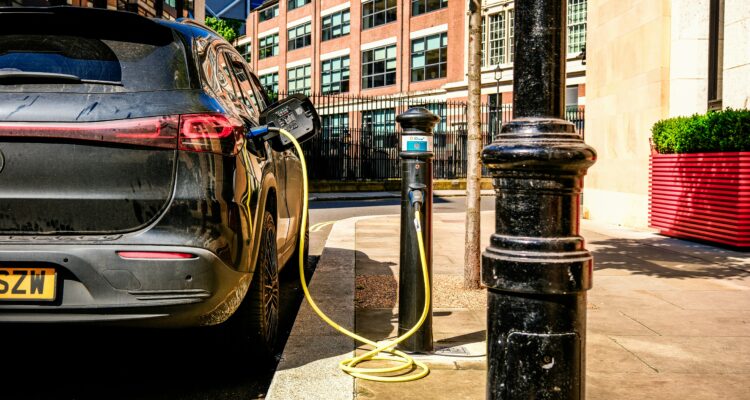Zapmap’s latest annual survey showed that 61% of EV drivers think the charging network has improved, but there were still concerns as have been identified in this latest report.
Melanie Shufflebotham, co-founder and COO, Zapmap: “Having access to charging at a local level is essential for an equitable transition to electric vehicles and the LEVI fund has been put in place to help deliver this, but as the National Audit Office (NAO) has identified delays remain. The UK’s EV charging network has seen transformational growth, but more still needs to be done to ensure it is fairer for drivers regardless of where they live.
Over the past couple of years there has been a significant leap forward in the number of charge points available to EV drivers, particularly the crucial ultra-rapid chargers and charging hubs to support EV drivers on longer journeys. These are quite well-spread across the country too whilst the slower local chargers, important for drivers who can’t charge at home, is where we see the issue of geographical concentration.”
Note: 15% of chargers are in rural areas, broadly correlating with the % of the UK population that is rural (17%)
Ginny Buckley, the chief executive of Electrifying, the electric carbuyers’ website: “London currently has more chargers then the North West, North East, Yorkshire and the Humber combined. This disparity when it comes to charging infrastructure simply can’t continue if we’re to bring everyone along on the electric journey.
“Private charge point providers have been clear; the money and resources to ramp up installations is there, but the bureaucracy around planning permissions and grid connections are causing significant delays.
“This is why we need decision-makers to take action and cut through the red tape holding back this roll out as a matter of urgency.”
Quentin Willson, Founder FairCharge and Advisory Board Member of Electric Vehicles UK: “There are still gaps in the charging network and the NAO are right to flag this up. Government needs to support CPOs in building more sites where EV penetration and charger utilisation is low. Often the business case for a rural charging hub is hard to justify, so govt needs to treat a greater rural charger roll out as critical infrastructure that requires support and subsidy”
Fiona Howarth, CEO of Octopus Electric Vehicles: “The ZEV mandate is working – 1 in 4 cars registered in November were electric according to New AutoMotive analysis.
“EVs are already six times cheaper to run than petrol cars for those with a driveway, and private investors have committed £6bn+ to build further strengthen the public charging network.
“Manufacturers that failed to invest in the future are now facing challenges. To secure long term jobs in the sector, the government must hold firm on the ZEV Mandate and invest in targeted support for manufacturers committed to the electric transition and jobs in the UK.
“Changing the mandate would mean shooting ourselves in the foot. With consistent policy the UK can be a global EV leader.”
Vicky Read, CEO of ChargeUK: “The NAO report backs up the research in our own White Paper that found that we are on track to deliver over 300,000 public charge points by 2030.
“A new charge point is added to the network every 25 minutes on average. We are delivering at the scale and pace necessary to support the transition to electric vehicles.
“Now the challenge is to stay on track, and for that to happen government must pay heed to the recommendations in this report and tackle the remaining barriers holding us back from going even further and faster.
“Planning permission and grid connections need to be simpler and faster. And we would like to see the Local EV Infrastructure scheme get going at pace to facilitate the vital roll out in all parts of the UK.
“Finally, speculation over the ZEV mandate must stop. Government must publicly recommit to the rules as they stand and resist pressure to meddle in order to maintain a healthy flow of investment into our sector, so we can keep delivering the charging that the UK needs.”
Read the NAO report, here.






